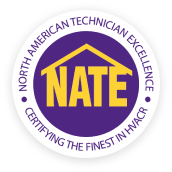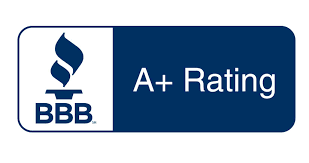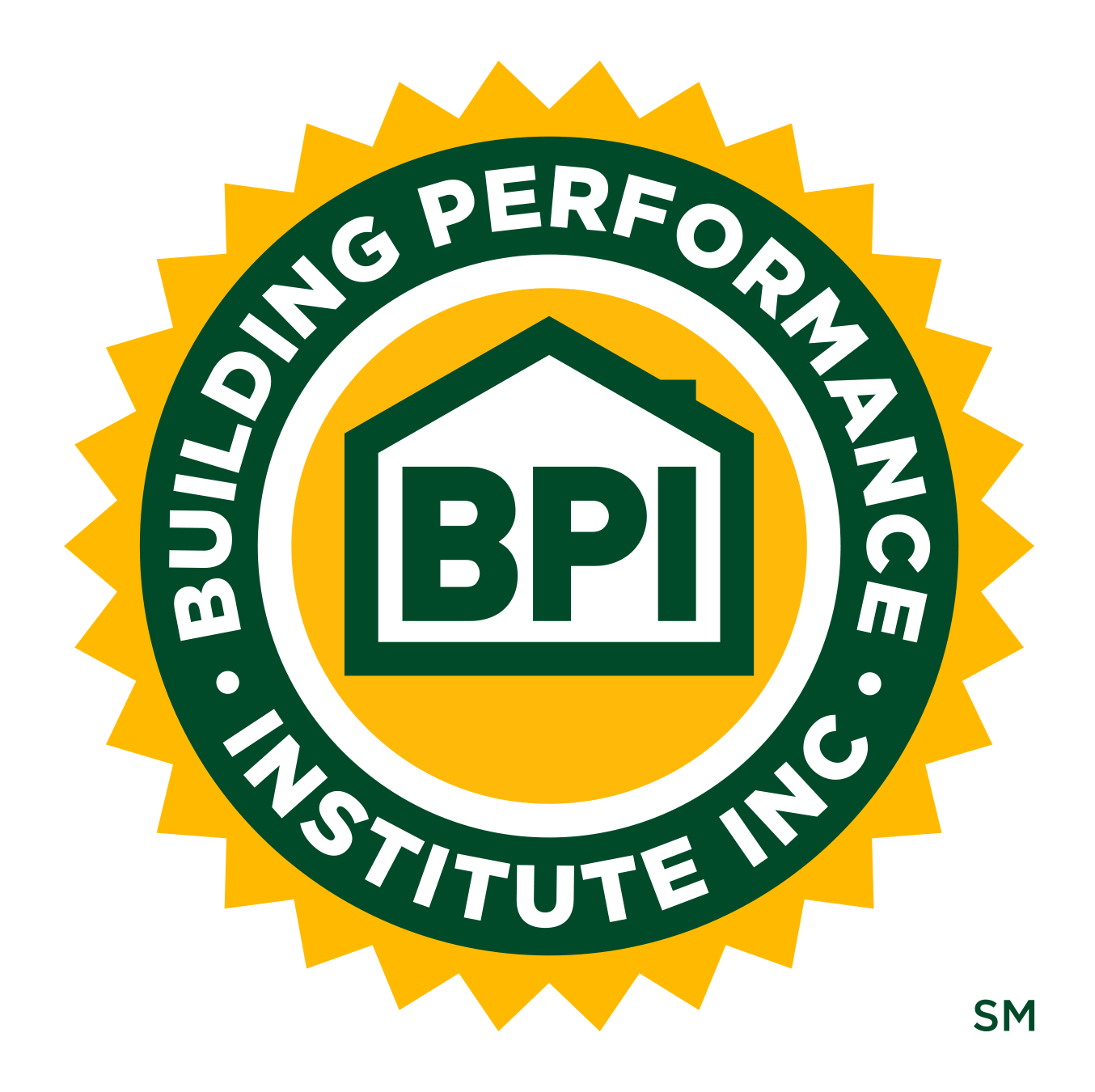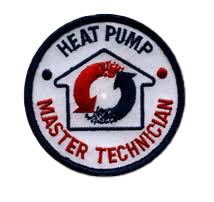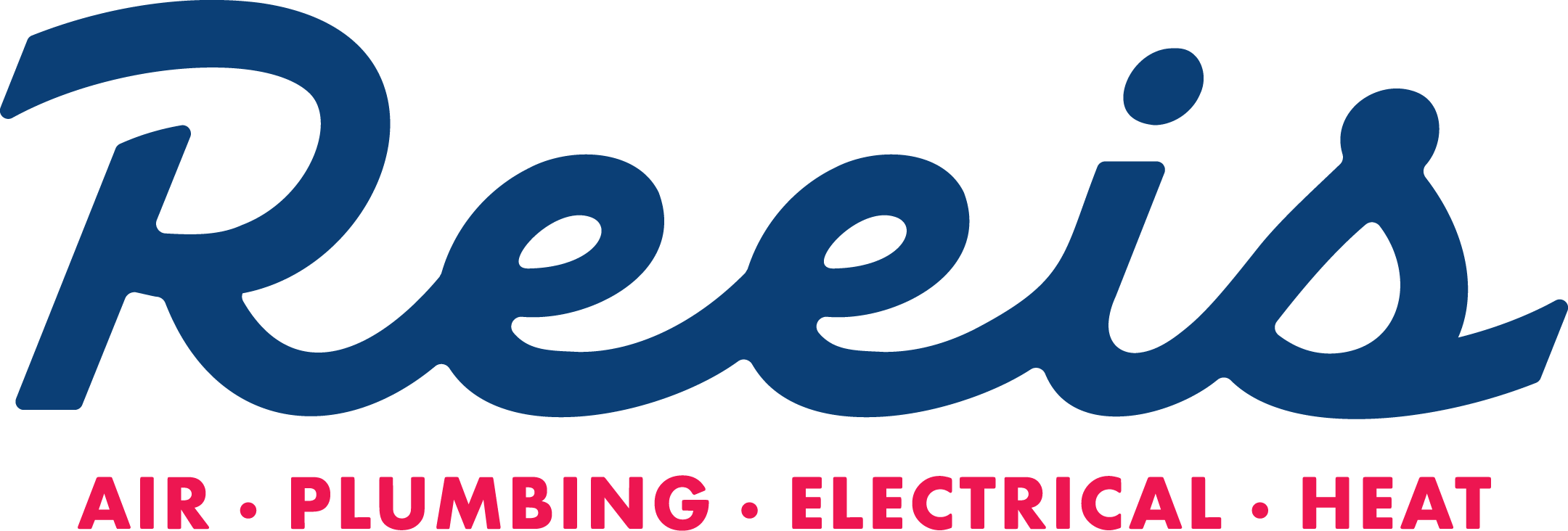heat, ac repair scottsdale, phoenix metropolitan area, indoor air quality, heat pump, air conditioning, leak, furnace, refrigerant, thermostat, duct, drain, warranty, customer, heating system, pump, customer service, energy, cooling and heating, air duct cleaning, heating, air conditioning repair, scottsdale hvac repair, air conditioner repair, hvac, scottsdale hvac, hvac repair, hvac services, heating services, emergency hvac, technician, compressor, emergency, better business bureau, condenser, airflow, trane, air filter, customer satisfaction, evaporator, inspection, air pollution, air purifier, heating repair services, scottsdale hvac contractor, furnace repair services, furnace repair, hvac company, hvac system maintenance, hvac maintenance, hvac service, climate, programmable thermostat, extreme weather, knowledge, extended warranty, pleasure, capacitor, emergency service, zip code, pricing, schedule service, heating and air, emergency hvac repairs, scottsdale air conditioner, ventilation, east valley, bathroom
Can a furnace be repaired?
A furnace can indeed be repaired. Most issues, such as faulty components or minor malfunctions, can be fixed by a qualified technician, restoring your heating system's efficiency and functionality.
Why is my furnace not working?
The reasons your furnace may not be working include a lack of power, a tripped circuit breaker, a dirty filter, or malfunctioning components. Checking these issues can help identify and resolve the problem swiftly.
Who repairs furnaces?
Furnace repairs are typically performed by licensed HVAC technicians who specialize in heating systems. These experts can diagnose issues, execute necessary repairs, and ensure your furnace operates efficiently for optimal comfort.
What are common furnace repair issues?
Common furnace repair issues include irregular heating, inconsistent air flow, unusual noises, a faulty thermostat, and frequent cycling. These problems can compromise comfort and efficiency, requiring prompt attention from a qualified HVAC technician.
How can I troubleshoot my furnace?
Troubleshooting your furnace involves checking the thermostat settings, ensuring the power is on, replacing the air filter, and inspecting the pilot light or ignition system. If issues persist, consider contacting a professional for assistance.
What are signs of a faulty furnace?
Signs of a faulty furnace include strange noises, inconsistent heating, frequent cycling on and off, increased energy bills, and the presence of unusual odors. If you notice these issues, it may be time to seek professional HVAC assistance.
How much does furnace repair cost?
The cost of furnace repair varies depending on the issue, but typically ranges from $100 to $1,000. Factors influencing the price include the complexity of the repair, parts needed, and labor costs.
What is the average lifespan of a furnace?
The average lifespan of a furnace is typically between 15 to 30 years, depending on factors such as maintenance, quality of installation, and usage. Regular service can help extend its longevity.
What causes a furnace to stop working?
A furnace can stop working due to various issues, including a malfunctioning thermostat, clogged filters, pilot light problems, or issues with the electrical supply. Regular maintenance can help prevent these problems and ensure efficient operation.
How often should a furnace be serviced?
Furnaces should be serviced annually to ensure optimal performance and efficiency. Regular maintenance helps identify potential issues early, prolonging the unit's lifespan and maintaining your home's comfort.
Can I repair my furnace myself?
Repairing your furnace yourself is possible but not recommended. HVAC systems can be complex, and improper repairs may lead to safety hazards or further damage, so it's best to consult a professional technician for reliable service.
What tools are needed for furnace repair?
The tools needed for furnace repair typically include a multimeter, screwdriver set, adjustable wrenches, pliers, and a vacuum. These tools help technicians effectively diagnose and fix issues to ensure the furnace operates efficiently.
When should I replace my furnace?
The decision to replace your furnace should be based on its age, efficiency, and performance. Generally, if your furnace is over 15 years old, requires frequent repairs, or is no longer heating your home effectively, it’s time for a replacement.
How do I find a reliable furnace technician?
Finding a reliable furnace technician involves researching local HVAC companies, checking online reviews, and confirming qualifications or certifications. Additionally, consider asking for recommendations from friends or family to ensure quality service and trustworthiness.
What maintenance helps prevent furnace problems?
Regular maintenance helps prevent furnace problems by ensuring clean filters, checking for gas leaks, lubricating moving parts, and inspecting electrical components. Scheduling annual professional inspections is essential for optimal performance and longevity.
How do I know if my furnace is efficient?
Knowing if your furnace is efficient involves checking its AFUE rating, ensuring it maintains consistent and comfortable temperatures, and conducting regular maintenance. High energy bills or uneven heating may indicate inefficiency.
What are the benefits of furnace maintenance?
The benefits of furnace maintenance include improved energy efficiency, enhanced safety, extended equipment lifespan, and reduced repair costs. Regular maintenance ensures your furnace operates optimally, providing consistent warmth and comfort in your home.
How can I increase my furnaces lifespan?
To increase your furnace's lifespan, ensure regular maintenance, including cleaning or replacing filters, scheduling annual inspections, and addressing any issues promptly to prevent further damage. This proactive care can greatly enhance efficiency and durability.
What should I do during a furnace emergency?
In a furnace emergency, you should immediately turn off the furnace, check for any gas or smoke, and ensure your safety first. If there's a gas leak or a hazardous situation, evacuate the area and contact emergency services before calling a professional HVAC technician for assistance.
How does furnace age affect performance?
The age of a furnace significantly affects its performance. Older furnaces tend to become less efficient, leading to higher energy bills and increased likelihood of breakdowns, whereas newer models generally operate more smoothly and reliably.
Are there warranties for furnace repairs?
Warranties for furnace repairs are typically offered, ensuring that any parts replaced or services rendered are covered for a specific time. Check with Reeis for details on the warranties available for your furnace repair service.
What improvements can enhance furnace efficiency?
Enhancing furnace efficiency can be achieved through regular maintenance, sealing duct leaks, installing a programmable thermostat, and upgrading to energy-efficient models. These steps help optimize performance and reduce energy consumption, leading to cost savings and improved comfort.
How does a furnaces size impact performance?
The size of a furnace significantly impacts its performance. An appropriately sized furnace ensures efficient heating, maintains optimal temperature, and minimizes energy costs, while a unit that is too small or too large can lead to uneven heating and increased wear.
What are the risks of ignoring furnace issues?
The risks of ignoring furnace issues include potential safety hazards, such as carbon monoxide leaks, reduced efficiency leading to higher energy bills, and the likelihood of complete system failure, which can result in costly emergency repairs.
How to prepare for a furnace inspection?
Preparing for a furnace inspection involves clearing the area around the furnace, ensuring easy access for the technician, and checking all vents for any blockages. Also, make sure to have any relevant service records available for review.
What certifications should furnace repair technicians have?
Furnace repair technicians should have certifications such as EPA Section 608 Certification for handling refrigerants, NATE Certification to demonstrate proficiency, and state-specific licenses that ensure compliance with local regulations. These credentials validate their expertise and commitment to safety.
How can energy bills indicate furnace problems?
High energy bills often indicate furnace problems. If your heating costs have risen unexpectedly, it may suggest that your furnace is inefficient, struggling to maintain temperature, or requires maintenance.
What is the process for furnace installation?
The process for furnace installation involves an initial consultation, selecting the right unit, removing the old furnace, and then installing the new system while ensuring proper connections and ventilation. Finally, testing the system ensures optimal performance.
How does the type of furnace affect repairs?
The type of furnace significantly affects repairs, as different models have unique components and mechanisms. For instance, gas furnaces may require specific expertise for valve and combustion issues, while electric furnaces might focus more on electrical components.
What should I ask a furnace repair service?
When seeking a furnace repair service, it is essential to ask about their qualifications, experience, service options, warranty offerings, and estimated timelines for repairs. This ensures you receive reliable and professional assistance.
hvac repair scottsdale, furnace repair scottsdale, ac repair scottsdale, hvac scottsdale az, ac repair
